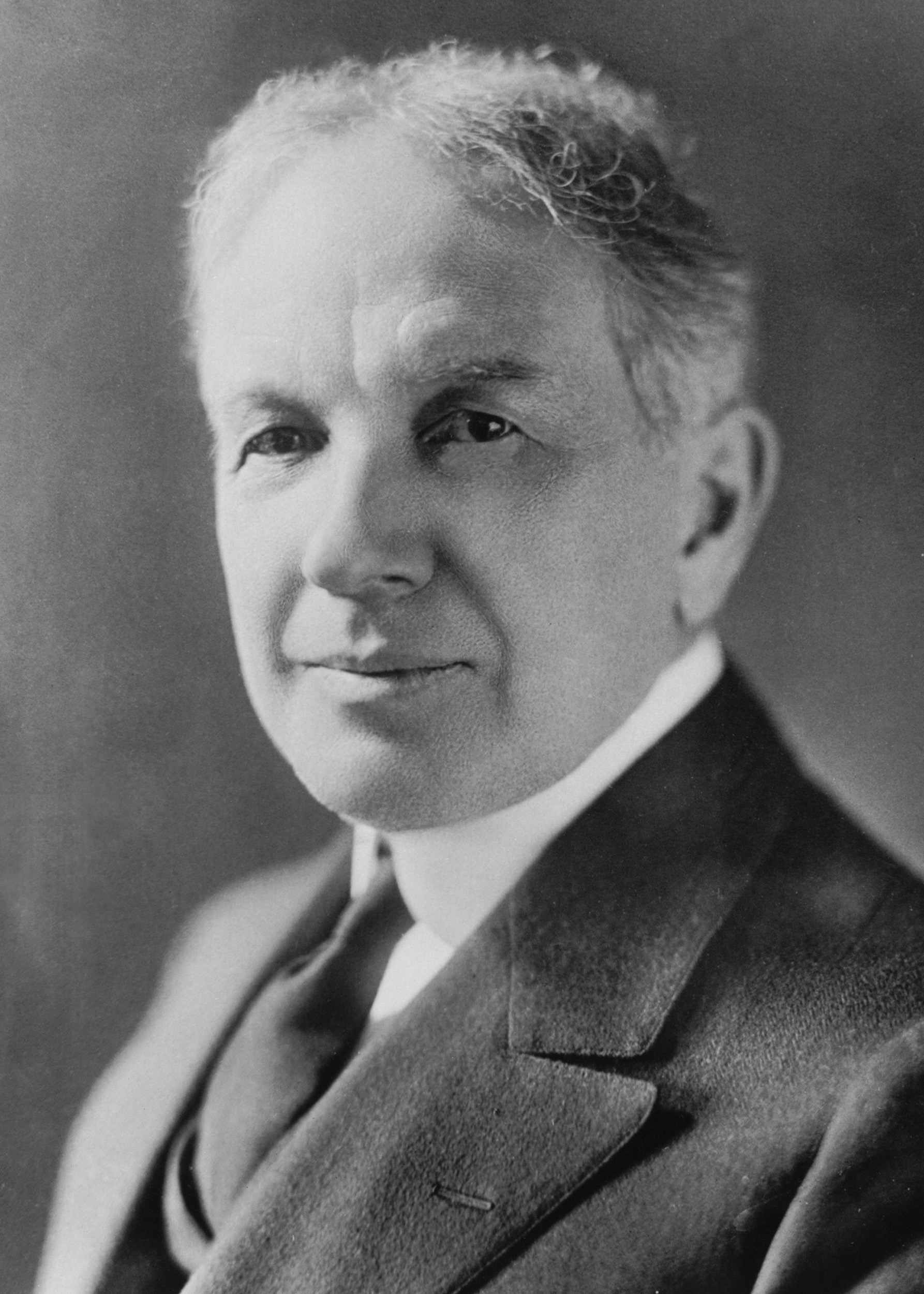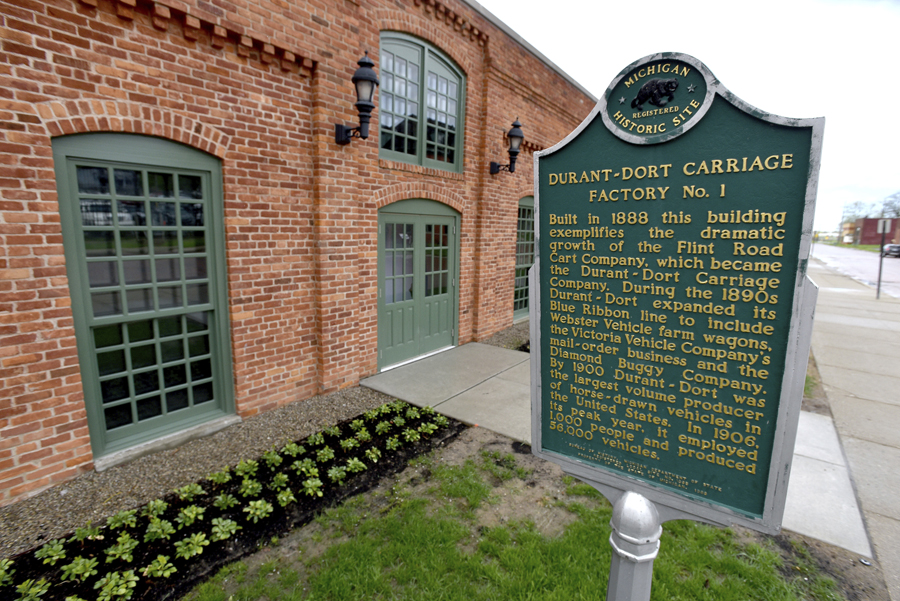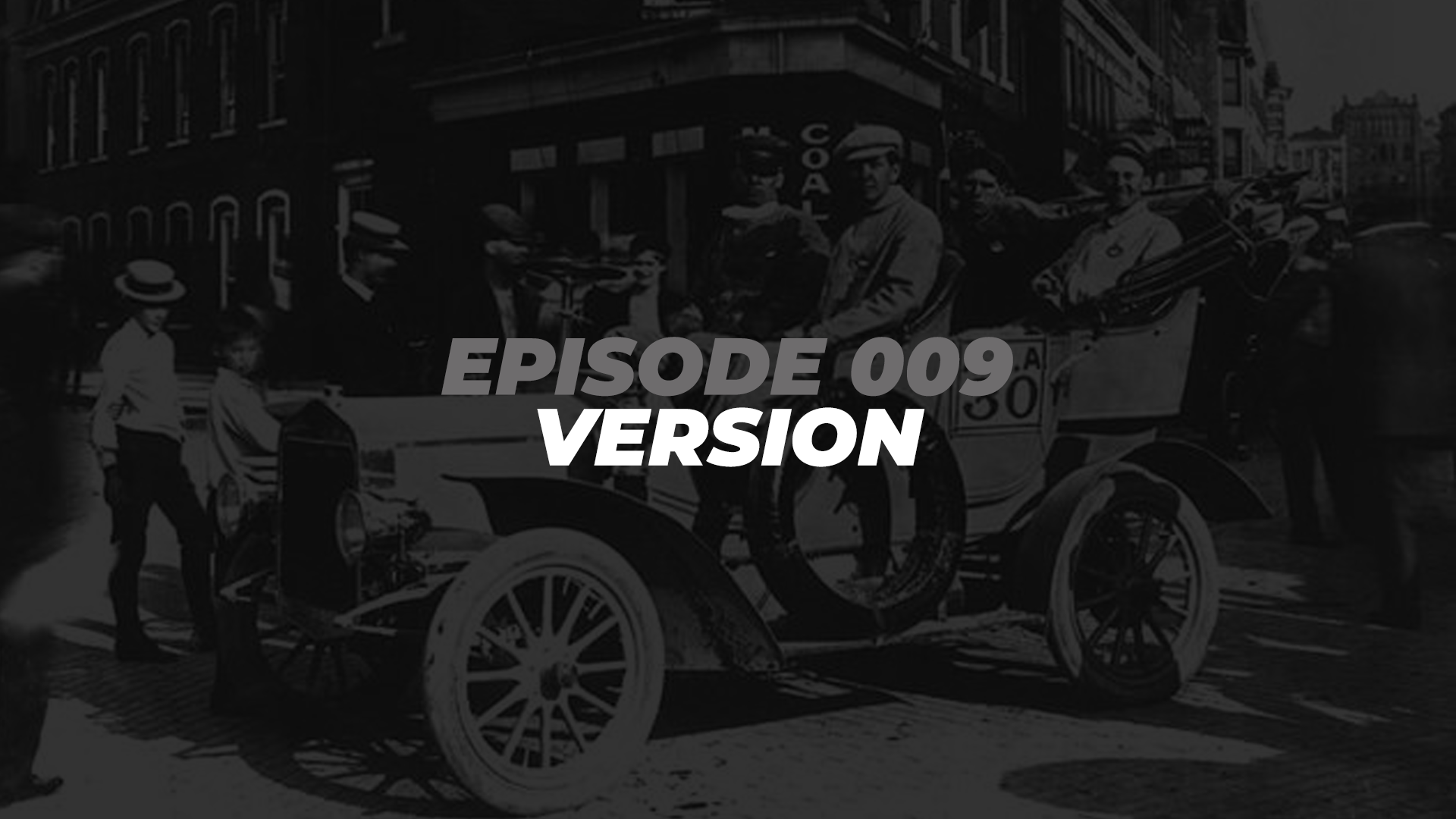Going The Extra Mile
Many of us see people who have “arrived” and we weigh them in the hour of their triumph without taking the trouble to find out how or why they arrived.
The pot of gold at the “end of the rainbow” is not a mere fairy tale. The end of that extra mile is the spot where the rainbow ends, and that is where the pot of gold is hidden. That is where influence is born and lives. Few people ever catch up to the “end of the rainbow”. When one gets to where he thought the rainbow ended he finds it is still far in the distance. The trouble with most of us is that we do not know how to follow rainbows.
Those who know the secret, know that the end of the rainbow can be reached only by going the extra mile. Late one afternoon, some forty-five years ago, William C. Durant, the founder of General Motors, walked into his bank after banking hours, and asked for a favor which in the ordinary course of business should have been requested during banking hours.

The man who granted the favor was Carol Downes, an official of the bank. He not only served Mr. Durant with efficiency, but he went the extra mile and added courtesy to the service. He made Mr. Durant feel that it was a real pleasure to serve him. The incident seems trivial, and of itself it was of little importance. Unknown to Mr. Downes, this courtesy was destined to have repercussions of a far-reaching nature.
The next day Mr. Durant asked Downes to come to his office. That visit led to the offer of a position, which Downes accepted. He was given a desk in a general office where nearly a hundred other people worked, and he was notified that the office hours were from 8.30 am to 5.30 pm. His salary to begin with was modest.
At the end of the first day, when the gong rang announcing the close of the day’s work, Downes noticed that everyone grabbed his hat and coat and made a rush for the door. He sat still, waiting for the others to leave the office. After they had gone he remained at his desk, pondering in his own mind the cause of the great haste everyone had shown to get away on the very second of quitting time.
Fifteen minutes later Mr. Durant opened the door of his private office, saw Downes still at his desk, and asked Downes whether he understood that he was privileged to stop work at 5.30. “Oh yes”, Downes replied, “but I did not wish to be run over in the rush”. Then he asked if he could be of any service to Mr. Durant. He was told he might find a pencil for the motor magnate. He got the pencil, ran it through the pencil-sharpener and took it to Mr.Durant. Mr. Durant thanked him and said “good night.”

The next day at quitting time Downes remained at his desk again after the “rush” was over. This time he waited with purpose aforethought. In a little while Mr. Durant came out of his private office and asked again if Downes did not understand that 5.30 was the time for closing.
“Yes” Downes smiled. “I understand it is quitting time for the others, but I haven’t heard anyone say that I have to leave the office when the day is officially closed, so I choose to remain here with the hope that I might be of one slight service to you.” “What an unusual hope,” Durant exclaimed. “Where did you get the idea?” “I got it from a scene I witness here at closing time every day,” Downes replied. Durant grunted some reply, which Downes did not hear distinctly and returned to his office.
From then on Downes always remained at his desk after closing time until he saw Mr. Durant leave for the day. He was not paid to remain overtime. No one told him to do it. No one promised him anything for remaining and as far as the casual observer might know, he was wasting his time.
Several months later Downes was called into Mr. Durant’s office and informed that he had been chosen to go out to a new plant that had been purchased recently to supervise the installation of the plant machinery. Imagine that: a former bank official becoming a machinery expert in a few months.
Without hesitation, Downes accepted the assignment and went on his way. He did not say, “Mr. Durant, I know nothing about the installation of machinery.” He did not say, “That’s not my job” or “I’m not paid to install machinery.” No, he went to work and did what was requested of him. Even more, he went to his new job with a positive mental attitude.

Three months later the job was completed. It was done so well that Mr. Durant called Downes into his office and asked him where he learned about machinery. Downes explained, “I never learned, Mr. Durant. I merely looked around, found men who knew how to get the job done, put them to work, and they did it.”
Mr. Durant exclaimed. “There are two types of men who are valuable. One is the fellow who can do something and do it well, without complaining that he is being overworked. The other is the fellow who can get other people to do things well, without complaining. You are both types wrapped into one package.”
Downes thanked him for the compliment and turned to go. “Wait a moment,” Durant requested. “I forgot to tell you that you are the new manager of the plant you have installed, and your salary to start with will be $50,000.00 a year.”
The following ten years of association with Mr. Durant was worth between $10,000,000-$12,000,000 to Carol Downes. He became an intimate advisor of the motor king and made himself rich as a result.
The choices made by Downes occurred during a normal day’s business, without even a passing notice by the average person who worked alongside Downes. Many of his work associates believed he had been favored by Mr. Durant, through some sort of pull or luck, or whatever it is that men who do not succeed use as an excuse to explain their own lack of progress.
Downes did have an inside “pull” with Mr. Durant. He created that “pull” on his own initiative. He created it by going the extra mile in a matter as trivial as that of placing a neat point on a pencil when nothing was requested except a plain pencil. He created it by remaining at his desk “with the hope” that he might be of service to his employer after the “rush” was over at 5.30 pm each evening. He created it by using his own personal initiative by finding men who understood how to install machinery instead of asking Durant where or how to find such men.
Trace down these incidents step by step and you will find that Downes’ success was due solely to his own initiative. Moreover, the story consists of a series of little tasks well performed, in the right “mental attitude.”
Downes chose to create a better future by going the extra mile.
Perhaps there were a hundred other men working for Mr. Durant who could have done as well as Downes, but the trouble with them was that they were searching for the “end of the rainbow” by running away from it in the 5:30 pm rush each afternoon.
Many years afterward, a friend asked Carol Downes how he got his opportunity with Mr. Durant. “Oh,” he modestly replied, “I just made it my business to get in his way so he could see me. When he looked around, wanting some little service, he called on me because I was the only one in sight. In time he got into the habit of calling on me.”
Mr. Durant “got into the habit” of calling on Downes. Moreover, he found that Downes could and would assume responsibilities by going the extra mile.

The Bottom Line.
So many of the next generation struggle with the idea of choosing or assuming greater responsibilities. Would the typical high school student think they are better off to be forced, by law, to join the mad rush and quit work at 5:30 pm every afternoon? But if that typical high school student had done so, she or he would have received the standard wages for the sort of work she or he performed, but nothing more. Why would that student expect to receive more? Now think of influence in terms of money and wages. A staggering thought, yes?
Your influence — much like Carol Downes — is in your own hands. Better stated, it lies in your own choices. It is wrapped up in the privilege of every high school student who desires to be a leader worth following: the right of personal initiative through and exercising the habit of choosing to go the extra mile.
How do you develop the habit of choosing to go the extra mile?


